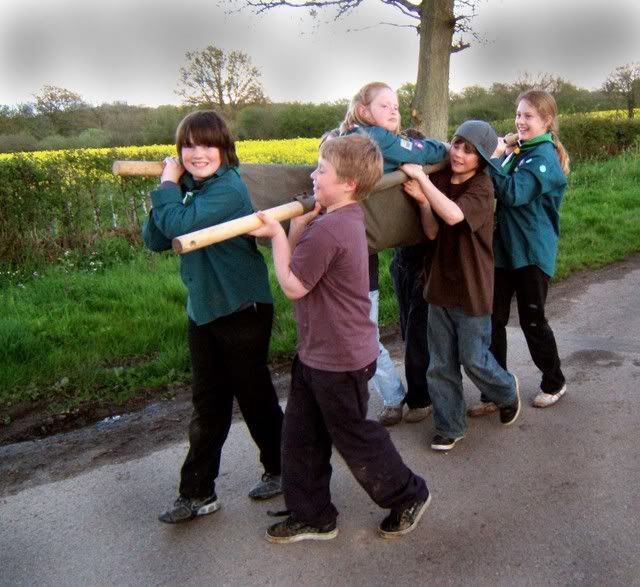I would love to get First Aid Training. Just one problem. It is so bl**dy expensive. I cant afford it. Does anyone know what St Johns charge?
I'd suggest giving them a ring? Contact details for West Yorkshire are here:
http://www.sja.org.uk/sja/about-us/...your-area/counties/south--west-yorkshire.aspx

